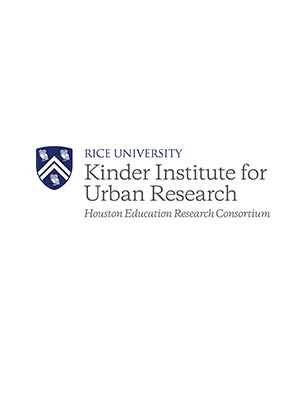Student immigrant generation can be estimated using an alternative method when data to calculate a traditional indicator are not available. An alternative method to determine immigrant generation may be helpful to school districts as they support and plan services for immigrant students and their families. Traditionally, child and parent birthplace are used to calculate an indicator of immigrant generation, with children classified as first generation if they and their parent(s) are born outside the United States, second generation if they are born in the United States and their parent(s) are foreign-born, and third (or higher) generation if both they and their parent(s) are born in the United States.
The Texas Education Agency (TEA) relies on a definition provided by the federal government that describes an immigrant student as one who is not born in the United States and has not attended U.S. schools for more than three years, essentially creating an indicator that only identifies recently-arrived first generation students (2015). Because of this narrow definition, local education agencies may miss opportunities to provide important resources to second generation students who are also children of immigrants. The data needed to calculate immigrant generation using traditional appproaches are often not available to school districts – specifically, parent birthplace. Using parent language as a proxy for parent birthplace provides a means of approximating student immigrant generation in the face of these data limitations. An indicator of generation that extends goes beyond federal and state definitions of “immigrant” may be helpful to districts when planning services and outreach to students and their families, particularly when considering culturally-appropriate strategies for communication.
Photo: Pragyan Bezbaruah/Pexels


